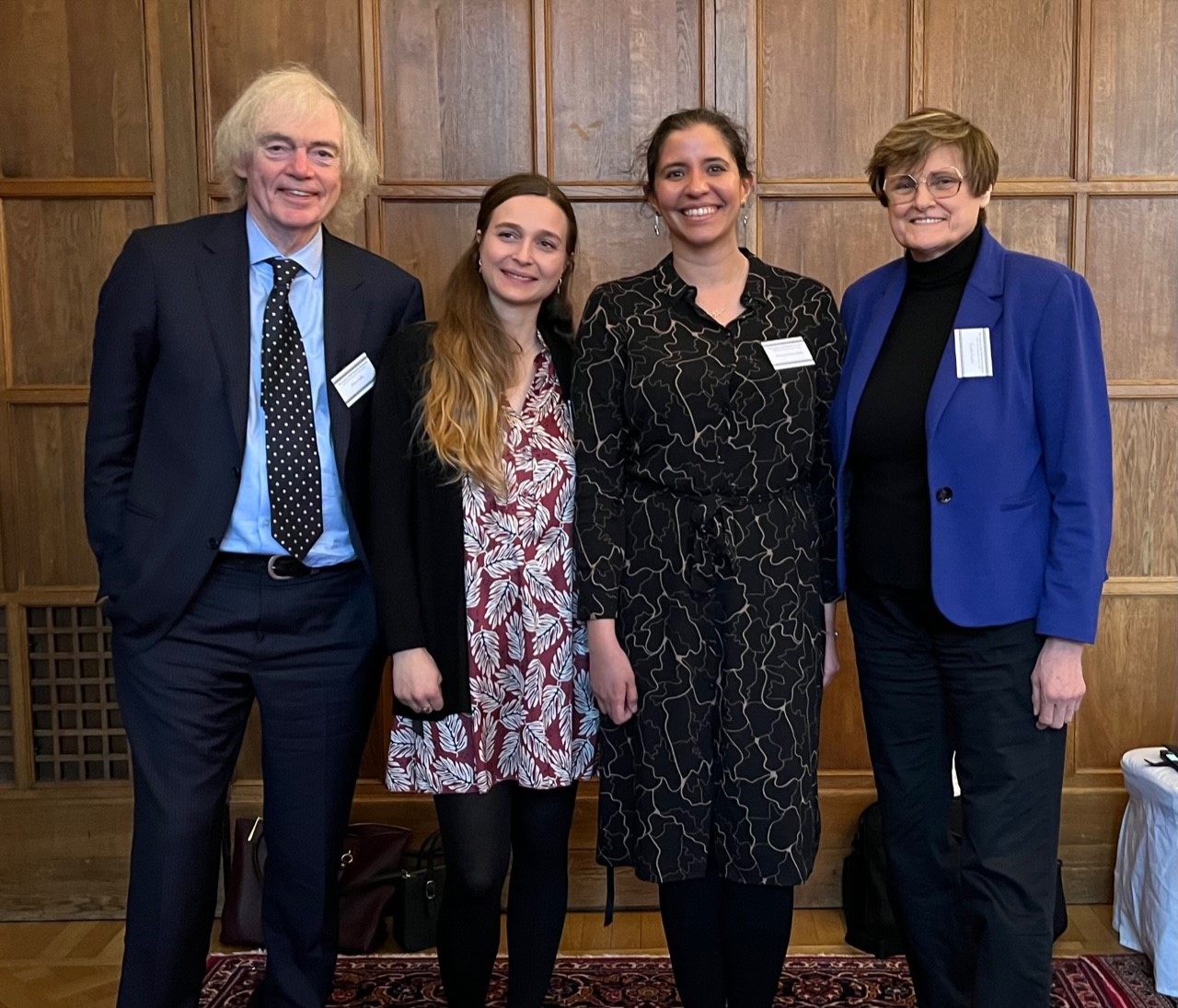The Foundation decided that the main prize for 2021 be given to Katalin Karikó (University of Pennsylvania, BioNTech) and the main prize for 2022 to Pieter Cullis (University of British Columbia) for their trailblazing work on RNA stabilization and delivery that made it possible for the scientific world to go to battle against covid19 to deliver functioning vaccines that have now been distributed to billions of people, saving millions of lives and shortening the periods of suffocating and crippling lockdowns.
Professor Katalin Karikó has done pioneering work on RNA based therapeutics that is the foundation for the development of todays RNA based vaccinations and future RNA therapies. She very early on realized the need to modify the mRNA code to e.g. avoid the cell’s immune response. She also realized the large potential of using lipid-based delivery vehicles to make any RNA therapeutics efficient.
Professor Pieter Cullis has a life-long career in systematic studies of lipid self-assembly for encapsulation of bioactive molecules. His research promoted rational design approaches that eventually led to development of lipid nanoparticles, now the most used delivery vehicles for mRNA vaccines. Systematic studies, carried out in his lab and in companies founded out of his lab, were crucial to find the routes to prepare particles with stable size, controlled mRNA encapsulation via ionizable lipids and pH dependent release in living cells.
Junior prize 2021/2022
Dr. Marianna Yanez Arteta has established her own research profile in a large pharmaceutical company, where in a series of works concerning lipid particles as a carrier for RNA, she combines structural determinations with studies of function in vitro and in vivo. These works have been published in high impact journals.
Dr. Alessandra Luchini has done significant work on models of cell membranes and how these can be used to study the effect when particles and proteins, including of so-called SARS-CoV-2 spike proteins, interact with the lipid membranes. She has used neutron reflectometry here and with this experience she now participates in the construction of an instrument at ESS.

From left to right: Pieter Cullis, Alessandra Luchini, Marianna Yanez Arteta, Katalin Karikó
